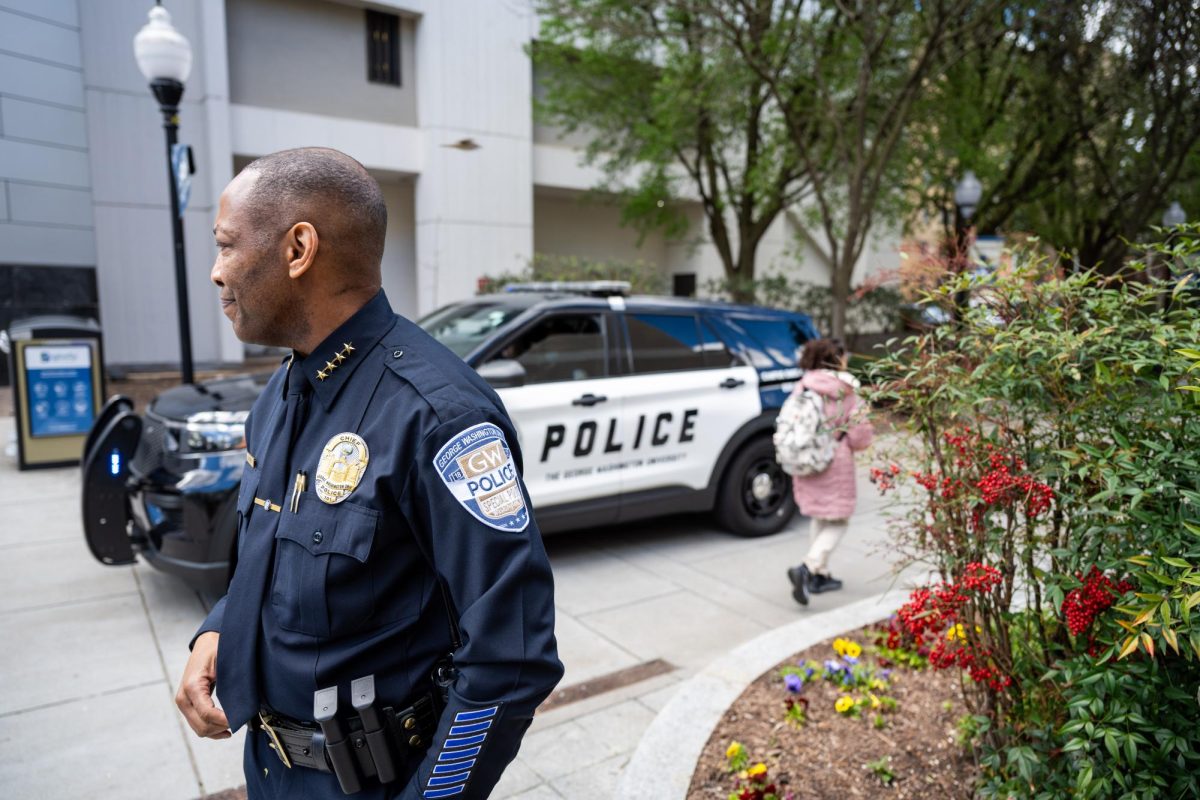This post was written by Hatchet staff writer Matt Rist.
Widespread power outages could turn off the lights across Foggy Bottom this weekend and the Mount Vernon Campus is likely to lose power, a Pepco official said Friday.
Pepco, the University’s power service provider, told its approximately 256,000 customers in the District of Columbia to expect power outages as a result of “extremely destructive” conditions including high winds and rain. The National Weather Service reported this afternoon that the area could expect winds of 30 to 40 miles-per-hour with gusts of up to 50 miles-per-hour.
Pepco Spokesman Bob Hainey said the Mount Vernon Campus is likely to lose power this weekend as Hurricane Irene passes over the District. Hainey said his team is preparing for 60 to 70 mile-per-hour winds in the area.
“If you got 60 mph winds, the trees could bend, trees will fall, stuff will be blown into lines,” Hainey said, referring to the suburban area around the Mount Vernon Campus. “That’s why we are saying we expect there will be some outages.”
Pepco mobilized approximately 1,000 support workers to help trim trees and restore power following the storm—but Hainey said restoration will take at least 24 hours following a decrease in wind levels.
“That’s why we’re telling people this is going to be a multiple day event,” Hainey said. “People need to get their perishable foods together and get can openers that use good old fashioned muscle.”
Pepco did not have any information about generator’s and University buildings, but did say that most Foggy Bottom power lines are below ground, minimizing the potential for power outages on the University’s most populated campus.
“Anytime power lines are underground, you’ve got a better chance of not losing power,” Hainey said. “But when you do lose power, it’s going to be for a longer time because it’s going to take longer to find the fault.”




